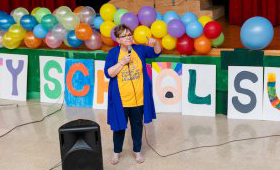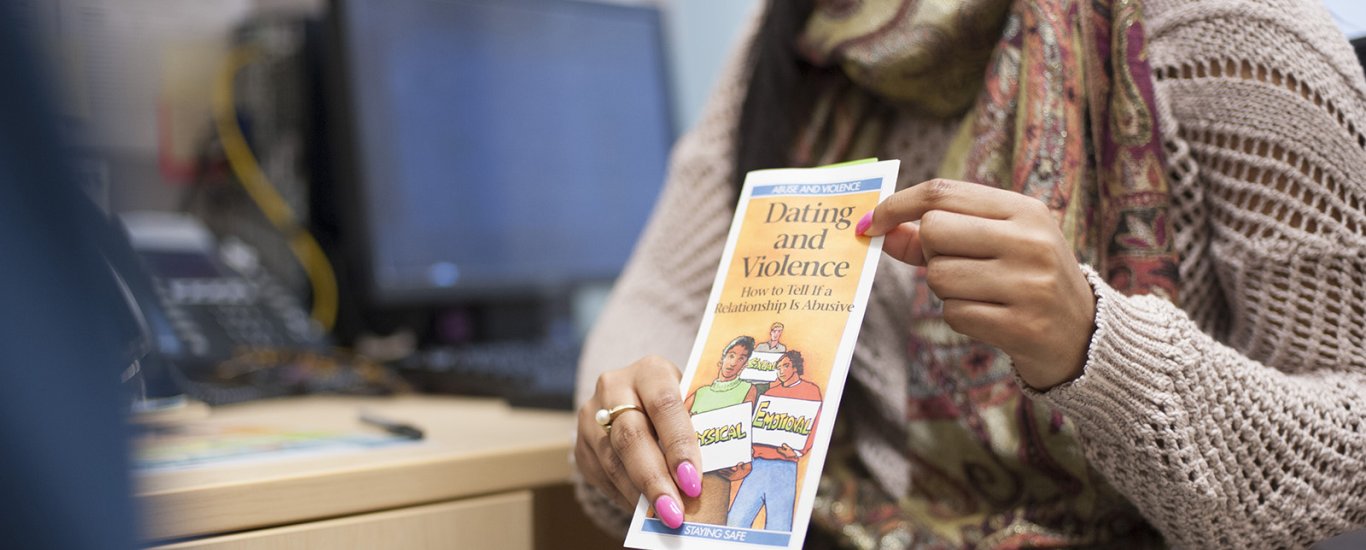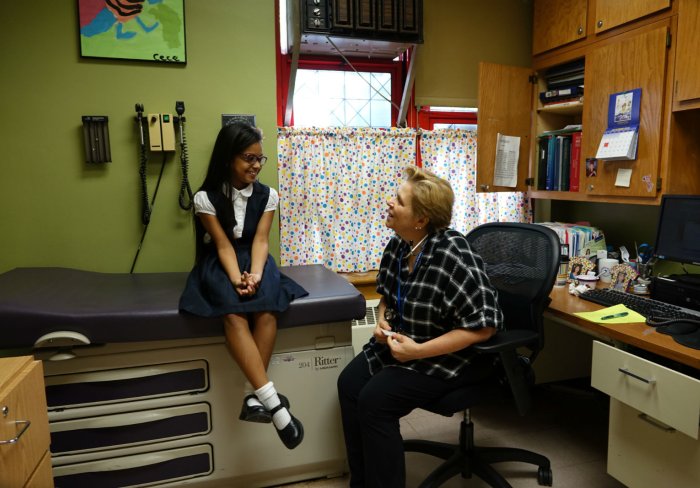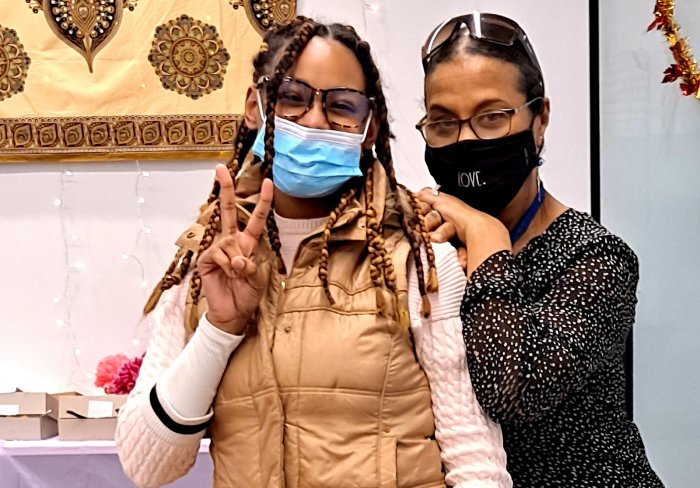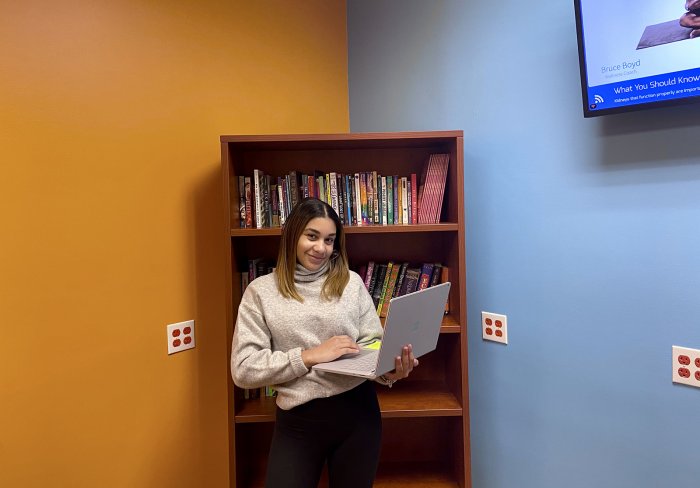For 23 years, the Children’s Aid Family Wellness Program has helped families experiencing physical, emotional, or other forms of domestic abuse to establish long-term safety and to heal from the effects of trauma.
While therapy is critical for families grappling with the trauma of intimate partner violence, it cannot be effective if their basic needs aren’t met.
“Our services are comprehensive, and so many of our clients come in with critical, concrete needs,” said Nazy Kaffashan, Director of Intimate Partner Violence Prevention and Intervention Services at Children's Aid. “You can’t do trauma treatment or therapy around the abuse if you don’t know how you’re going to put food on the table, or if you’re concerned about being evicted.”
The pandemic heightened the need for essential items and our clients requested help to purchase food, toiletries, diapers, wipes, strollers, and beds.
Our staff quickly mobilized, and with the help of the New York Times Neediest Cases Fund, we provided $77, 558.49 to our clients in 2022. This aid helped to stabilize families while they worked with our clinicians to process and heal from their trauma. Some families receive Trauma-Focused Cognitive Behavioral Therapy virtually because childcare and transportation are difficult to coordinate.
For other families, it is not safe to conduct therapy at home, so in-person services are a necessity. Our clinicians serve survivors of intimate partner violence and their children ages 6 to 17. Staff were also recently trained in Child-Parent Psychotherapy to extend therapy to children 5 and younger. In addition to talking about their trauma, clients are educated about the physical effects that it can cause.
“A big part of our work is providing psycho-education on different topics related to intimate partner violence and trauma,” Nazy said. “What is trauma and how does it impact us? We give specific education around what it does to our nervous system and how we’re left feeling like were in imminent danger. Even if there’s a separation, those symptoms can continue. We’re saying, ‘Actually, your body is responding very appropriately given what you’ve experienced.’”
The tools and techniques provided to families help alleviate anxiety and also help clients feel empowered since they can name their symptoms and explain why they feel a certain way. Providing these wrap-around services – support with food, housing, therapy, and safety planning – makes the Family Wellness Program unique in the field.
“There are other programs that provide case management, but they’re not providing survivors with risk assessment, safety planning, and crisis intervention – vital services that we offer” said Sally Schuss, Assistant Director of Domestic Violence Clinical Services. “We have the expertise in intimate partner violence and how that’s impacting the financial stability of our clients and their ability to leave their partners. Not being able to meet your family’s critical financial needs or have a place to live – those are really big barriers to leaving an unsafe relationship.”
To learn more about the Family Wellness Program, visit our site.

